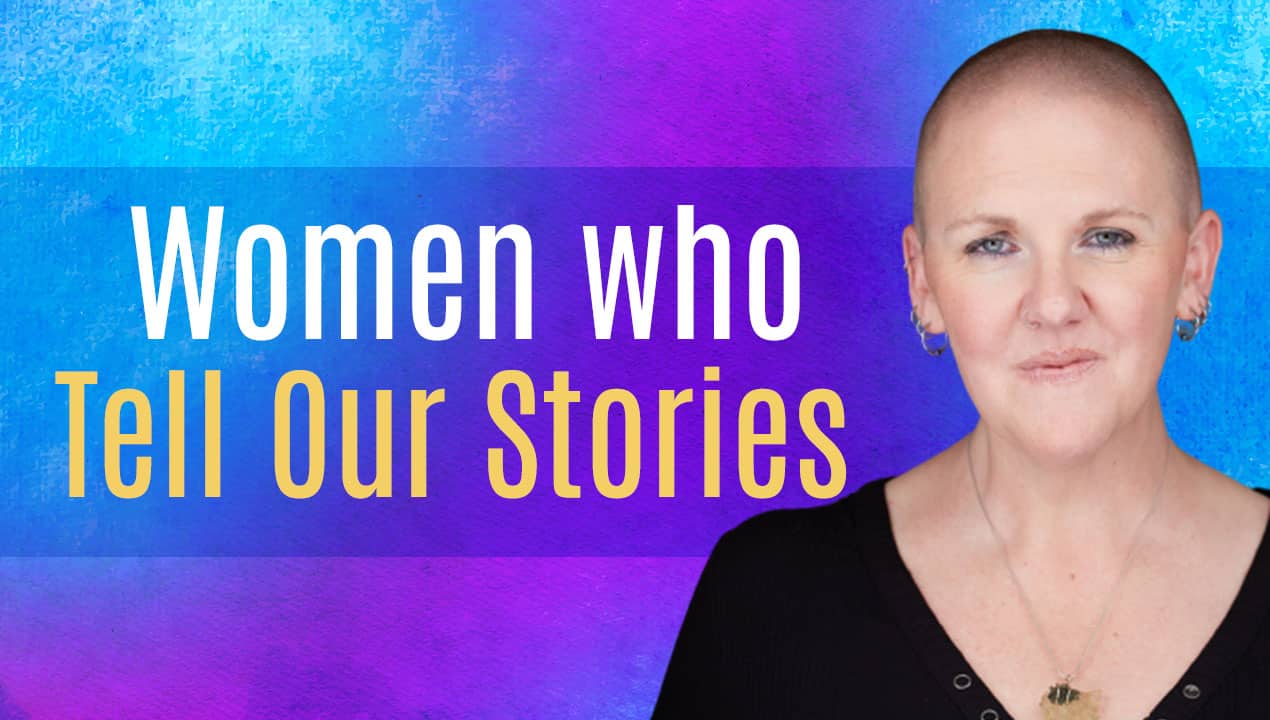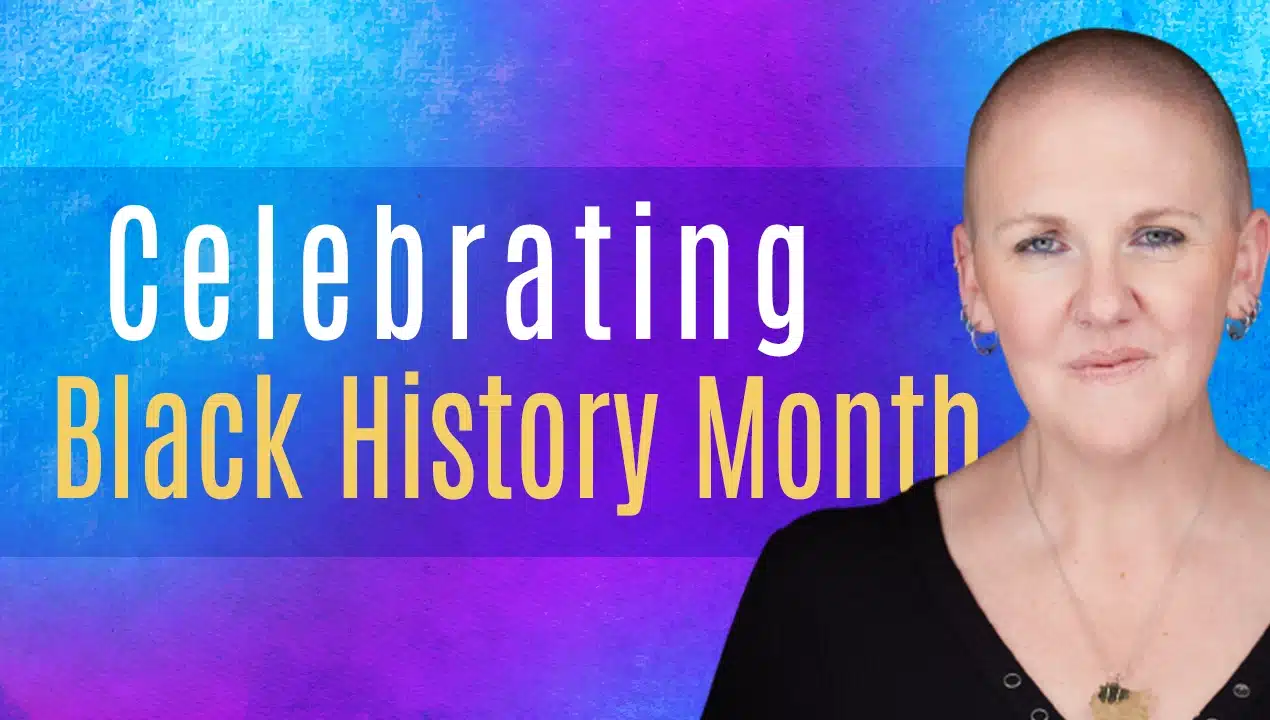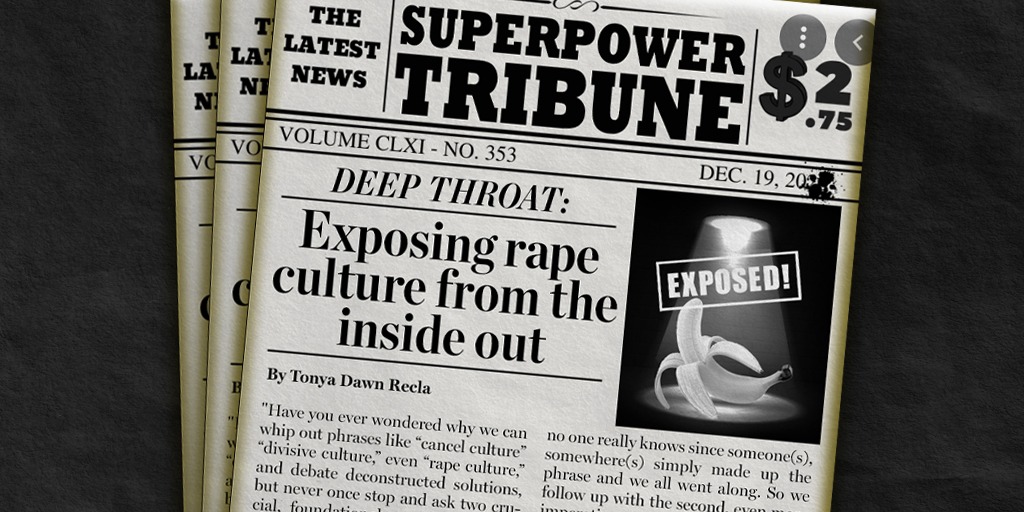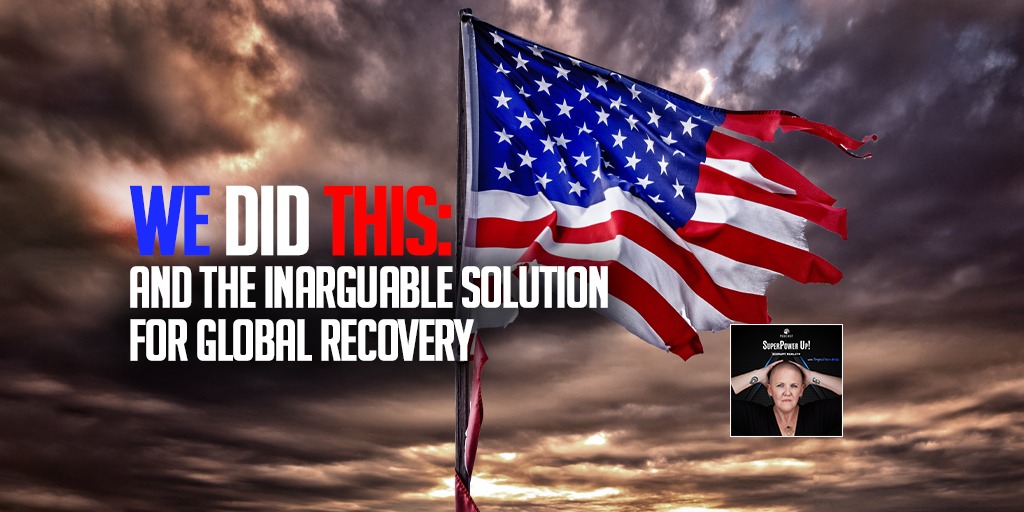
Speech was never free
Freedom of speech is simply the latest rock overturned in an effort to illuminate all the cracks in our country’s foundation. It also happens to be our favorite term to throw around when something even remotely threatens our ability to say whatever we want without consequence. However, speech was never free from consequence. Speech was never free from responsibility for hurt it causes. Speech was never free from responsibility for destroying others. Speech was never free from responsibility for planting seeds that grow into intolerance. Speech was never free from responsibility for the very worlds it creates.
Essentially, freedom of speech never meant freedom from responsibility.
We teach our children this, or should, but then conveniently forget it when we feel justified in our very-adult conversations about really important things that embolden our inability to control ourselves or act like mature human beings. This is especially apparent in a world where we can attack someone without ever having to look them in the face. We can block them, ignore them, hide them, pretend they don’t exist so we feel justified in our retorts untested by debate or any suggestion that the topic may be more complex than we want to admit or that someone else’s perspective may hold merit. For whatever reason, that very notion feels incredibly threatening to people in this grasping-for-power era we’re in.
Which leads to the inevitable realization that at some point our great nation must choose to either evolve beyond might-is-right as governing philosophy or perish. But before we start cheering from the liberal stands, we also must accept that as human evolution continues, our leadership must reflect the same. If we want to foster a populace that doesn’t react to every slight tilt with apocalyptic toilet paper fervor, then our leadership must also be willing to stretch beyond petty squabbles and party in-fighting.
Doing this, though, requires us to willingly look beneath the surface, roll up our sleeves, and dive into the complexity involved in these highly volatile matters right now. So, let’s break down some key principles hidden within the freedom of speech nut roll.
Power
At the formation of “freedom of speech” the few who had access to share their thoughts in any obviously influential way were held in check by their counterparts and equals. So, the idea of everyone being able to express their thoughts didn’t bear the consequences we see now. Of course, throughout eons we have examples of the lowliest of servants garnering enough support to gather masses and affect change, but it used to take vision, commitment, perseverance, dedication, testing, agreement and time. Not so much anymore. Results are instantaneous when the world eagerly awaits the next biting jab to perpetuate heartlessly through the ether.
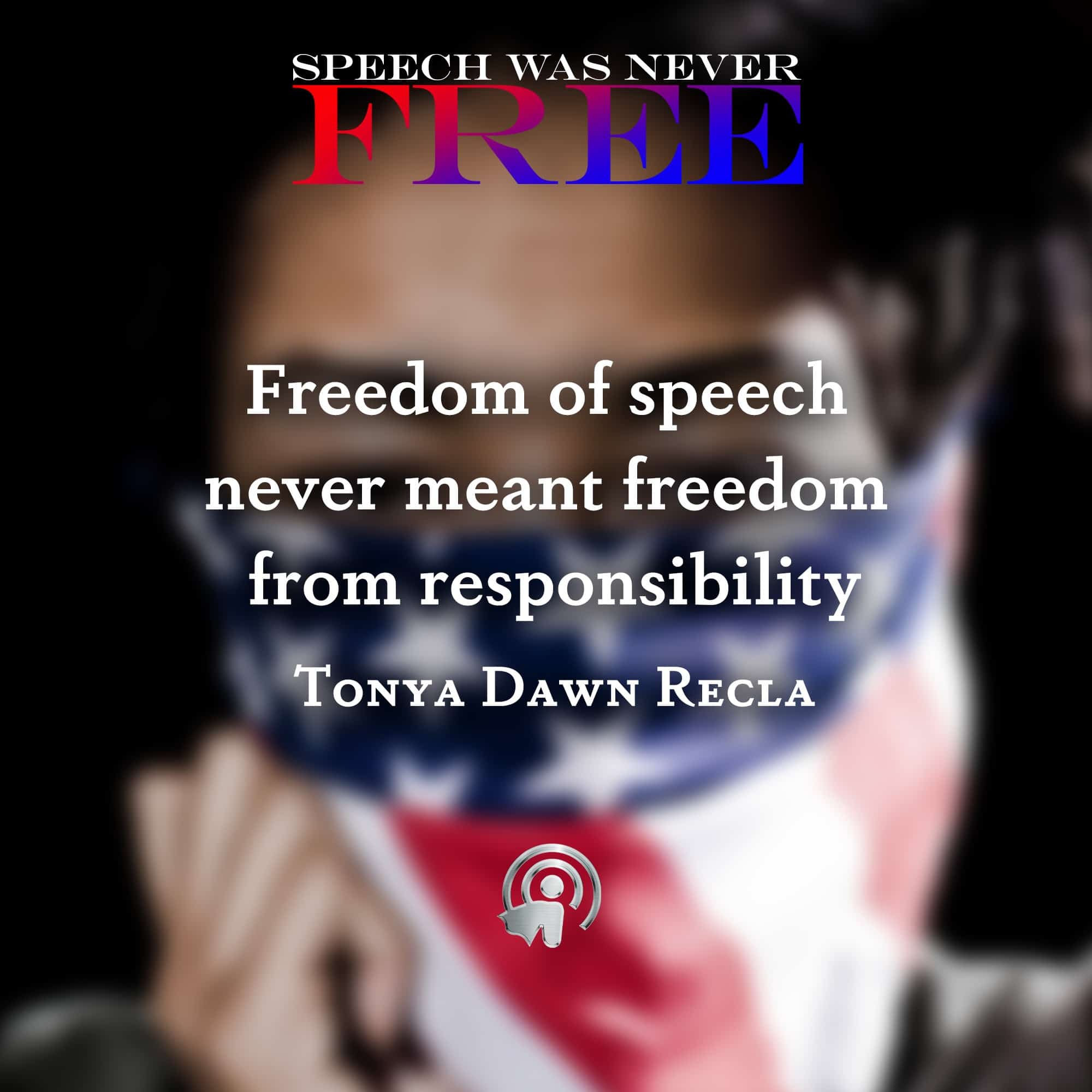
If we remove the concept of power, then every person who ever slips in a prejudice against someone whose skin tone appears different than theirs is now subject to penalties equivalent to one who uses that prejudice to prevent someone from a housing opportunity or an educational opportunity or a job opportunity or a lifetime of opportunities. This might be tempting to those bearing the standard of melting-pot-type kum ba yah. But, as a governing principle, it simply isn’t helpful.
And we’re seeing the result of unmanaged decision-makers taking action in defense of or debate against freedom of speech without considering that it treads on other rights. This places an organization, individual or party in precarious situations in the very next breath as they realize they failed to pull themselves out of the boiling pot of indignation and now sit in the middle of a plate of crow.
This runs through the entire freedom of speech debate. But while the free speechers argue that they’re just words, we’re now dealing with a world where power looks very different than we’re used to. People nobody knows are weidling enormous influence through the use of social media and main media’s complicit agreement to milk it for as much traction as possible. And organizations, businesses, cities, and families are suffering needlessly or perishing because they threw their hat into the ring just like they saw everyone else doing, namely our leadership, and got trampled.
So our conversations about free speech just got fueled with some very real, worldwide-type responses that conjure images of an evil despot waging war with a click of a button. But this time the button-pusher doesn’t require a clearance, secret codes, a second authority, identity, education, oversight, agreement from anyone else, or a conscience, just an internet connection. Something that we made sure every two year-old now knows how to use. This, inherently, changes our conversations about power, access, and amplification. And it requires new vantage points to create solutions that can project out far enough to withstand the next wave, at least, of technological advancement.
The God Factor
Again with a suicidal move, this leads us to the separation of church and state, an oft misunderstood concept. We, as a nation, were founded on the principle that no religious entity will ever assert control over our government. However, we never, ever, as a nation, agreed to remove God from the equation. Our best attempts to ignore the fact that most people think it’s not a bad idea to have some shared concept of a higher authority that assists us in determining something of a moral code, preferably one that our leadership leans into to guide them, have left us wandering aimlessly, fighting amongst ourselves, desperately searching for a home.
Any biblical scholars out there? Sound familiar?
And, even when it rubs at the equality intolerance thread, our country was clearly founded on a belief in God and a sincere desire to build from that place. “In God we trust,” “so help me God,” “one nation, under God.” Not everyone agrees with these statements and not everyone must (remember that right, too?), however, to ignore their historical significance leaves us arguing amongst ourselves with no common construct to even begin to create solutions.
If we don’t agree on where we want to go, how do we expect to get there?
And, as 2020 so delicately pointed out to all of us, our indecision and inability to work together will lead to our demise. This does not mean that agreement in a belief in God is the only way to cohere a nation, history proves that isn’t the case. However, if some of us believe we are building on that foundation and others of us believe that we are working to dismantle that foundation, we start to see from where some of the initial confusion might stem.
But what does this have to do with freedom of speech? Well, let’s go back to consequences and responsibilities of speech and their counterparts: being nice, treating people well, doing the right thing, and following a moral and ethical code.
Without a shared or common concept of foundational principles, who gets to define: nice, well, right, moral, ethics? Who ensures our system of checks and balances align with the agreed upon principles? Who teaches the next generation the rules of engagement in our country? In turn, this circles us right back to power.
The Subtle Subconscious
While we’re pushing buttons, we’ll just throw in a little Jungian psychology and inner child work. Because now we find ourselves staring at choices and behaviors. When we don’t know what our moral or ethical foundation is or who we lean into as a higher authority to assist us in navigating the world, then we develop behaviors as situations arise. Essentially, we do the best we can in the moment. This means that we adopt programs of behavior when necessary, usually in the face of a circumstance that feels threatening.
So, what aspect of us is at play when we feel threatened? Without diving too deeply into trauma, fight or flight, etc., we can explore how our reactionary subconscious programs inform our actions when we get agitated, anxious, depressed, irritated, angry, sad, scared, and all the other fun places we found ourselves last year. Most people never explore their own behaviors or invite others in to reflect, so we end up with volatile situations fueled by immature reactions from undeveloped people. Including those responsible for guiding the rest of us.
Unfortunately it also means that we really can’t expect much else from a personal responsibility perspective. We don’t have time to unpack everyone’s epigenetics as we seek to find solutions now, so how do we govern individual behaviors? We regulate, we police, we adjudicate, and we imprison. Which acts both as a necessary bandage and a false sense of security.
Contradictions
One of my favorite quotes “Do I contradict myself? Very well then I contradict myself, (I am large, I contain multitudes.)”- Walt Whitman
Ol’ Walt acknowledged what many of us spend lifetimes denying, to the result of our own hellish existence and ultimate demise. We are multifaceted beings, some even argue multidimensional, and harbor contradictions we can’t see, let alone reconcile. Each of us gets the opportunity to explore this for ourselves, however, we’re talking about governance and society.
These require agreed upon rules, standards, mission, purpose, etc. When most of us don’t take the time to establish those internally, how do we think we’re going to find a way to agree with others who are equally confused? And Walt’s sleight of hand dismissal of personal responsibility can’t stand within the fabric of our leadership or governance.
In the case of free speech, we see this contradiction most clearly. The battle right now is between allowing for free speech while protecting against hate speech. Both matters are weighty, purposeful and deserve real consideration. They’re also two concepts that butt up against each other more often than not because we’re not real sure how to hold both at the same time. But hold them we must and it might be best if we start to search for solid standards that set the stage for how we’re to proceed as communication, access and interconnectedness continue to push our boundaries and challenge us to coexist. How far is too far? How much influence denotes power?
I suspect we’re looking at concepts that will no longer be contained within regulatory type overlays and we’ll have to shift into a hybrid, educational, social norm cohering type solution phase as we evolve beyond the might-is-right approach. But these are inevitable long plays and we need solutions now. Even disgruntled and enforced agreement, though limited and never widely popular, can calm things down long enough for viable and sustainable solutions to emerge. But we should start delineating between immediate and long term planning.
The Weaponization of Speech
But, all of this never even makes it to the conversation. We’re so busy spouting opinions in social media then lighting fire under them through the press, we never stop to wonder what outcome we’re hoping to achieve. The conversation was never really about freedom of speech, it’s about the weaponization of speech. Of course we all have opinions and we always will. The issue right now isn’t around governing what people think, it’s holding people accountable to their actions, including opening their mouths or devices and vomiting diatribe from insecure places.
And in that debate, power must be considered.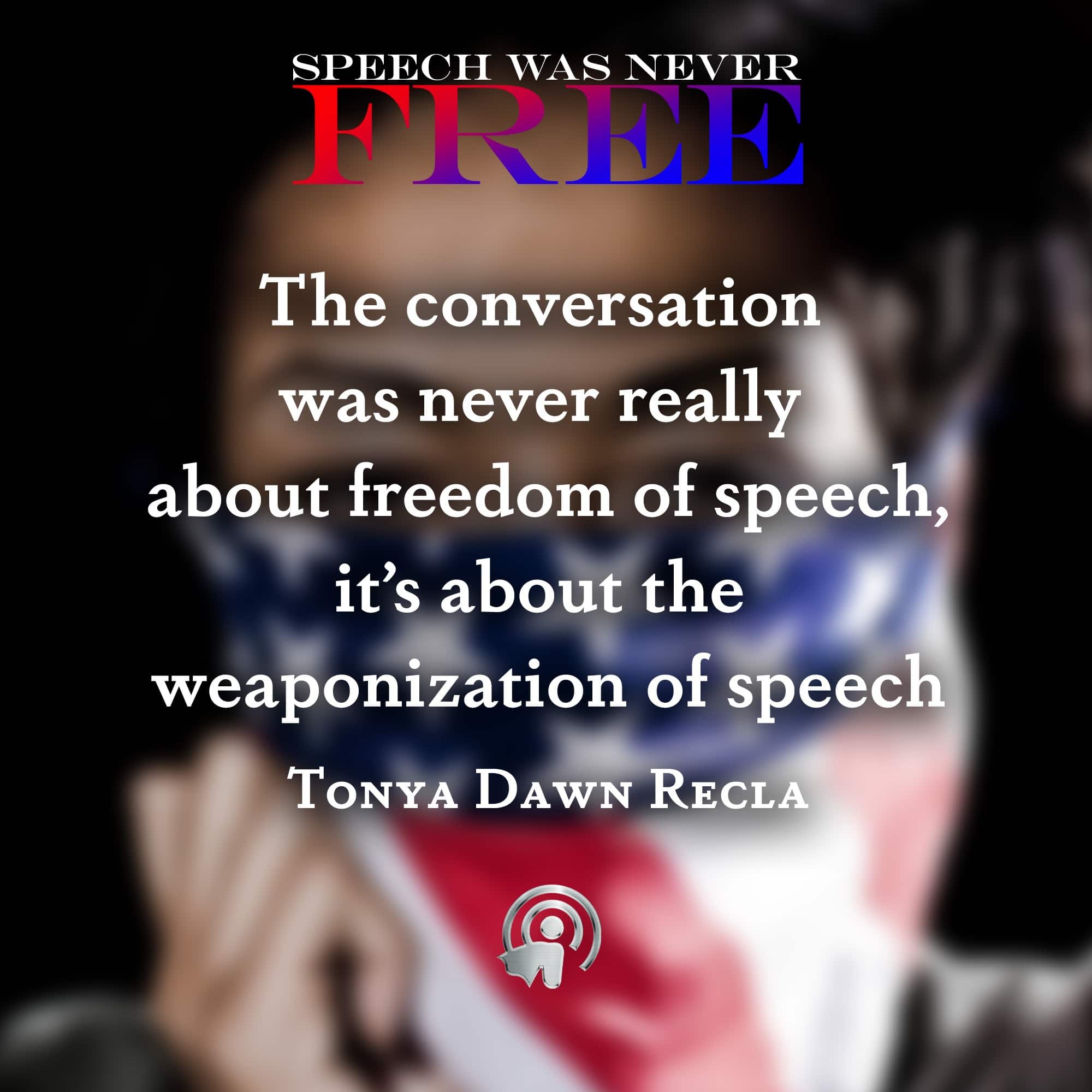
When a rash opinion spouted in a moment of anger incites a riot, is that person responsible for the results? When a person assumes power, is the acceptance of responsibility to that power implied? And where does personal responsibility come in? This doesn’t excuse any of us from reacting emotionally, speaking ill of others, spewing hatred, or egging on insurrection without first weighing the consequences. And, while this includes power on a smaller scale, like influence over friends, family, children, followers, employees, students, etc., before we think to hold our citizens accountable to such lofty aspirations, our leadership must decide what’s more important.
Governing officials should resist the allure of social and main media as a means of manipulating their constituents or opponents. Conversations of this magnitude and importance require a more austere container and deserve our respect. And the press must choose what sort of world they want to help create. The numbers are intoxicating and we all want just a little bit more public affirmation of our ideas, but there should be an equivalent journalistic oath to the effect of intending to do no harm. And that means tempering opinions and resisting the urge to chase clicks before researching and synthesizing the information thoroughly.
Or, perhaps, return to the days where we used some level of discernment to distinguish between opinion pieces, academic pieces, edited pieces, board-reviewed pieces, etc., and held those to different standards and weighed them with different significance.
When a blog post carries the same weight as a scientific journal study, because the topic was hot enough to wage verbal wars and some entity had motivation and money to put behind it, we’ve all agreed that our populace is no more salvageable than we feared and the best we can hope for is that their unfettered bias agrees with ours.
When nobody can be held accountable because we chipped away at the delicate system of checks and balances enough that our internal alert systems now sound like whining children fighting over toys, we’ve all agreed that our little experiment didn’t work and we’re ready to revert to tyrannical rule.
When we systematically argue that the other side is wrong and we are right, refusing to understand that in the next breath we will be judged and found wanting by the same standard we just fought to instill, we’ve all agreed that flopping back and forth between two disparate versions of reality every four years is the best we’re capable of.
So what’s the answer?
Ideally, people would decide to be nice and turn to internal reflection before spouting opinions. Ideally, leaders would respect the positions of authority and power granted them by the people. Ideally, educated and forged individuals in all these various areas of strife would come together and collaborate like fully evolved adults and devise some win-win-win solutions. Ideally.
Tonya Dawn Recla, M.A.
Executive Director of Super Power Experts


